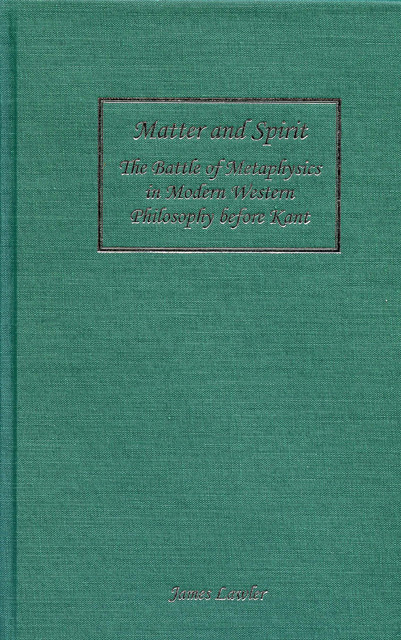15 - Rousseau's Reasoning of the Heart
Published online by Cambridge University Press: 17 March 2023
Summary
THE PROFESSION OF FAITH OF THE SAVOYARD VICAR
The key text for Rousseau's own theodicy is the section of Émile entitled, “The Profession of Faith of the Savoyard Vicar.” Rousseau's fictional account of the education— above all the moral education—of two young children, Émile and Sophie, contains a long philosophical discourse by a curious priest, the Vicar of Savoy. The Vicar's discourse was first related to Émile's tutor by a third party, a formerly confused and alienated young man whose life was turned around by his encounter with the strange priest and the discourse or profession of faith of that teacher.
The Vicar, like the young man himself, had reached a state of despair due to disillusion with his Catholic religion as a result, primarily, of its unnatural requirements of celibacy for the priesthood. The alienated priest at first abandons his religion entirely. Then he undergoes a profound philosophical and spiritual transformation leading to a reconciliation of sorts. The outcome of his spiritual rebirth is related in his “Profession of faith,” recounted for the first and perhaps only time to the young man. Thanks to his new interpretation of religion, he is finally able to reconcile himself to his priestly role. Through the assistance of a friendly benefactor the Vicar comes in the end to earn a living in the capacity of a priest while doing his best to be of service to others. Although he conscientiously practices the rites of his Church, he has become an ardent opponent of the pretenses of any particular religion, including his own, to provide the exclusive way to salvation. The faith that he discovers in the throes of his despair is the religion of nature itself, which is also the religion of morality.
NEW METHOD: KNOWLEDGE AND IGNORANCE
Central to the exposition of the Vicar's new outlook is a philosophical-metaphysical interpretation of the meaning of modern physics. We see once again how moral and spiritual issues are inevitably intertwined with the interpretation of the findings of modern science. A religion of nature or natural religion must come to terms with the knowledge of nature as advanced by the foremost sciences. At first the Vicar summarizes the philosophy of nature that is already more or less familiar to us. He begins by repeating Descartes’ method of doubting everything, but gives this method a more “existential” or personalemotional quality.
- Type
- Chapter
- Information
- Matter and SpiritThe Battle of Metaphysics in Modern Western Philosophy before Kant, pp. 467 - 512Publisher: Boydell & BrewerPrint publication year: 2006



